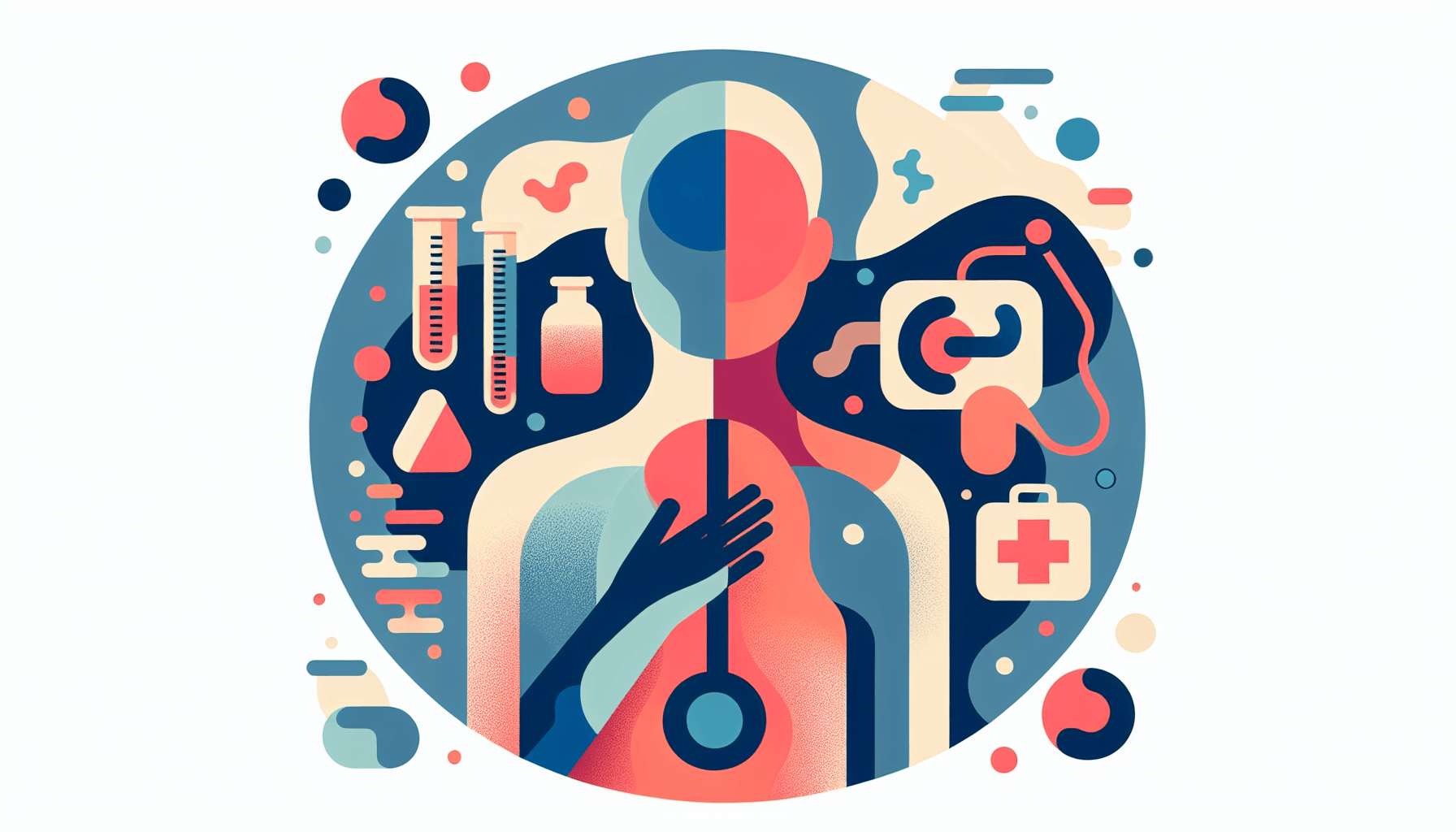Hiccups are a common bodily function that everyone experiences from time to time. While they can be amusing at first, persistent hiccups can quickly become annoying and uncomfortable. In this article, we'll explore the causes of hiccups, how to stop them, and when to seek medical attention for prolonged hiccups.
What Causes Hiccups?
Hiccups occur when the diaphragm, a dome-shaped muscle located between the lungs and stomach, experiences sudden spasms. These spasms cause you to abruptly inhale air, which then hits your voice box, causing your vocal cords to close rapidly. This process creates the characteristic "hic" sound associated with hiccups.
Several factors can irritate the diaphragm and lead to hiccups, including:
Eating too much or too quickly
Feeling nervous or excited
Drinking carbonated beverages or excessive alcohol
Stress
Sudden changes in temperature
Swallowing air while sucking on candy or chewing gum
When Hiccups Persist: Long-term Hiccups
In rare cases, hiccups can persist for an extended period. This is usually due to damage or irritation to the nerves connected to the diaphragm. Various factors can affect these nerves, such as:
A hair touching the eardrum
Sore throat
Tumors, goiters, or cysts in the neck
Central nervous system disorders (e.g., encephalitis or meningitis)
Metabolic disorders (e.g., diabetes or kidney failure)
Certain medications (e.g., steroids or tranquilizers)
Medical procedures requiring anesthesia
If your hiccups last for more than 48 hours, are severe enough to interfere with daily activities like eating, breathing, or sleeping, or cause significant distress, it's essential to consult your doctor. They will review your symptoms and may order imaging to evaluate the diaphragm. Additionally, seek immediate medical attention if you experience stomach pain, fever, shortness of breath, vomiting, or coughing up blood along with your hiccups.
How to Stop Hiccups
While there is no scientific evidence to support the effectiveness of popular hiccup remedies like being scared or hanging upside down, some techniques may help relax the diaphragm and stop hiccups:
If your hiccups persist for several days or more, your doctor may prescribe medications to help alleviate the symptoms.
In conclusion, hiccups are a common and usually harmless bodily function. However, if you experience prolonged or severe hiccups accompanied by other symptoms, it's crucial to seek medical attention to rule out any underlying health issues. By understanding the causes and treatment options for hiccups, you can better manage this sometimes annoying but generally benign condition.
For more information on hiccups and other related topics, visit:



